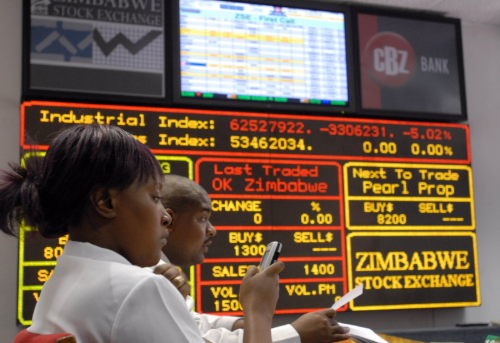Khayah Cement Delisted from Zimbabwe Stock Exchange

TLDR
- The Zimbabwe Stock Exchange (ZSE) has officially delisted Khayah Cement Limited following a shareholder-approved resolution on 19 May 2025
- The delisting took effect on 22 May 2025 and forms part of the company’s ongoing corporate rescue and restructuring efforts
- Khayah Cement’s board had earlier placed the company under corporate rescue, prompting the voluntary decision to exit the public market
The Zimbabwe Stock Exchange (ZSE) has delisted Khayah Cement Limited following a shareholder-approved resolution on 19 May 2025. The delisting took effect on 22 May 2025 and forms part of the company’s ongoing corporate rescue and restructuring efforts.
According to the ZSE, the termination was approved by the Securities and Exchange Commission of Zimbabwe (SECZ) under Section 11 of the ZSE Listing Requirements and Section 64 of the Securities and Exchange Act.
Khayah Cement’s board had earlier placed the company under corporate rescue, prompting the voluntary decision to exit the public market. The ZSE confirmed that the company’s securities are no longer tradable on the exchange as of the effective date.
The move allows Khayah Cement to restructure operations and liabilities outside the regulatory requirements of a listed entity, as it seeks to stabilise its financial position.
Daba is Africa's leading investment platform for private and public markets. Download here
Key Takeaways
Khayah Cement’s delisting highlights growing financial stress among Zimbabwean corporates amid inflationary pressures, currency volatility, and declining domestic demand. The company joins a list of firms seeking to realign operations outside public markets to preserve value and restructure debt. Corporate rescue, a legal process designed to rehabilitate distressed firms, has become more common in Zimbabwe’s current business climate. By delisting, Khayah Cement gains flexibility to renegotiate creditor terms and restructure operations without the disclosure and compliance burden of public listing. The development also points to challenges in Zimbabwe’s industrial and construction sectors, where rising input costs and foreign exchange shortages have squeezed margins. For investors, the delisting underscores the risks facing listed firms operating in high-volatility markets. The ZSE continues to see fluctuating listings, reflecting both macroeconomic instability and corporate efforts to adapt business models amid regulatory and operational constraints.

Next Frontier
Stay up to date on major news and events in African markets. Delivered weekly.
Pulse54
UDeep-dives into what’s old and new in Africa’s investment landscape. Delivered twice monthly.
Events
Sign up to stay informed about our regular webinars, product launches, and exhibitions.




